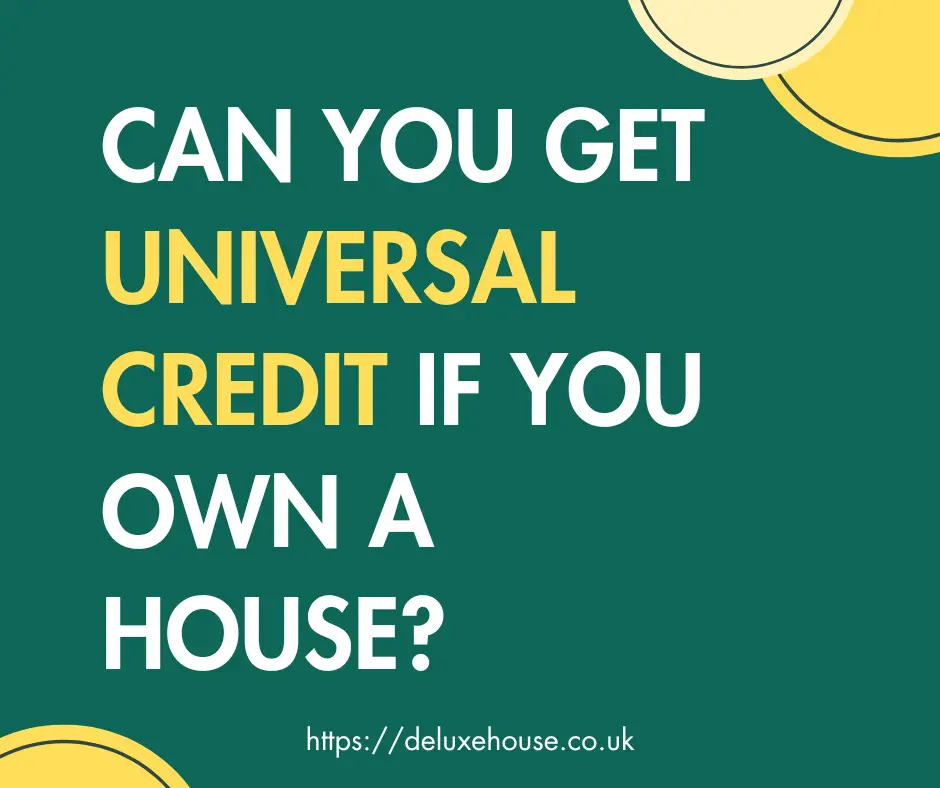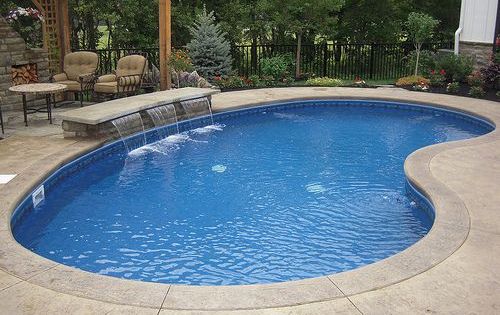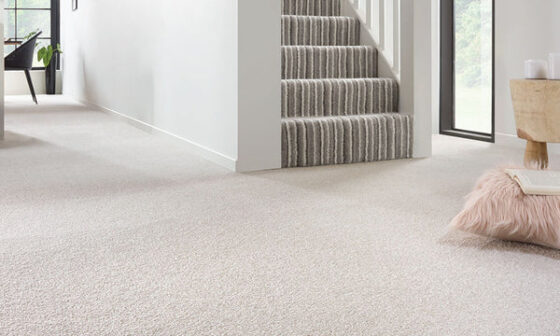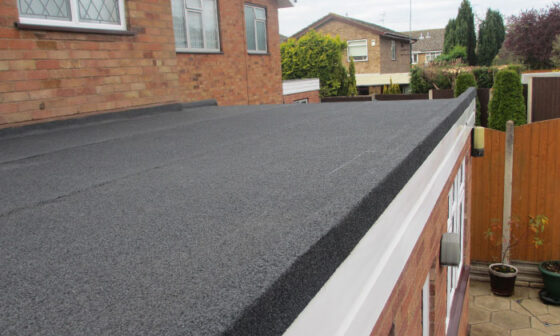
In the United Kingdom, the Universal Credit system provides financial assistance to individuals and families who are on a low income or are unemployed.
It is designed to support those who are struggling to meet their basic needs and living costs.
However, a common question that arises is whether you can still be eligible for Universal Credit if you own a house.
Understanding Universal Credit
Universal Credit is a welfare benefit that merges six different benefits into a single monthly payment. These benefits include Jobseeker’s Allowance, Housing Benefit, Working Tax Credit, Child Tax Credit, Employment and Support Allowance, and Income Support.
The goal of Universal Credit is to simplify the welfare system and ensure that individuals and families receive the financial support they require.
It takes into account various factors such as income, savings, and personal circumstances to determine the amount of support an individual is entitled to.
Can You Get Universal Credit if You Own a House?
Now, let’s address the main question at hand: Can you get Universal Credit if you own a house? The answer is, yes, you can still be eligible for Universal Credit even if you own a house.
However, several factors come into play when determining your eligibility and the amount of support you may receive.
1. Property Value and Savings
The value of your property and the amount of savings you have can affect your eligibility for Universal Credit.
As of September 2021, if you have more than £16,000 in savings, you will not be eligible for Universal Credit.
This threshold includes the equity in your property. Therefore, if the value of your property and other savings exceeds this limit, you may not qualify for Universal Credit.
2. Income and Housing Costs
Another crucial factor in determining your eligibility for Universal Credit is your income and housing costs.
Universal Credit takes into account both your income and your housing costs when calculating the amount of support you are entitled to receive.
If you own a property but are not receiving any rental income from it, the system will assess your housing costs as the notional rental income.
This means that even though you are not actually receiving any rent, the system assumes you are and includes it in the calculation.
3. Living in Your Own Home
Living in your own home does not automatically disqualify you from receiving Universal Credit.
The system recognizes that homeowners may still face financial challenges and need support. Therefore, as long as you meet the other eligibility criteria, such as income and savings thresholds, you can still claim Universal Credit.
4. Mortgage Interest Payments
If you have a mortgage on your property, you may be eligible for support with mortgage interest payments through Universal Credit.
This assistance is known as the Mortgage Interest Loan, and it helps individuals pay the interest on their mortgage.
It’s important to note that this support only covers the interest portion of the mortgage, not the capital repayment. Additionally, the Mortgage Interest Loan is a loan that needs to be repaid once you sell your property.
5. Shared Ownership and Equity Release
If you are in a shared ownership scheme or have released equity from your property, it can affect your eligibility for Universal Credit.
Shared ownership schemes involve owning a portion of a property and paying rent on the remaining share.
In this case, the rent you pay will be taken into account when calculating your Universal Credit entitlement.
Similarly, if you have released equity from your property, the released funds may be counted as capital or savings. This could potentially affect your eligibility, depending on the total amount of capital you have.
Frequently Asked Questions (FAQs)
Q: Will the value of my home be considered when calculating Universal Credit entitlement?
Yes, the value of your home, along with other savings and assets, will be taken into account when determining your eligibility for Universal Credit.
If the total value exceeds £16,000, you may not qualify for Universal Credit.
Q: Do I need to sell my house to claim Universal Credit?
No, you do not need to sell your house to claim Universal Credit. As long as you meet the eligibility criteria, including income and savings thresholds, you can still receive Universal Credit while owning a house.
Q: Can I receive support for housing costs if I own my home outright?
Yes, even if you own your home outright, you may be eligible for support with housing costs through Universal Credit.
The system considers notional rental income when calculating the amount of support you are entitled to receive.
Q: Can I receive help with mortgage interest payments if I own a house?
If you have a mortgage on your property, you may be eligible for assistance with mortgage interest payments through Universal Credit.
However, this support only covers the interest portion of the mortgage, not the capital repayment.
Q: Will my eligibility for Universal Credit change if I downsize my property?
Downsizing your property may affect your eligibility for Universal Credit. The value of your new property, along with any released funds, will be taken into account when determining your eligibility and entitlement.
- https://www.gov.uk/universal-credit
- https://www.moneyadviceservice.org.uk/en/articles/how-to-claim-universal-credit



